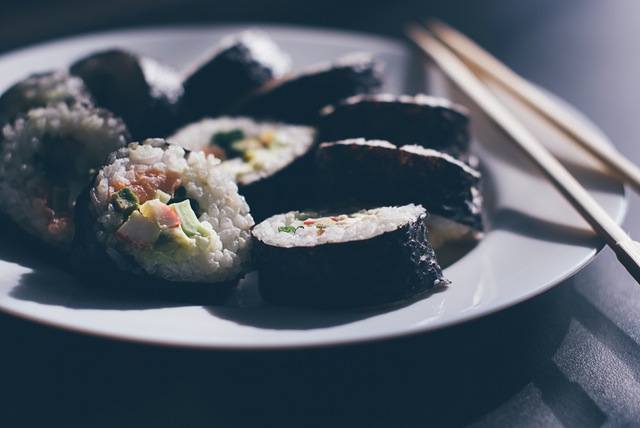Japan has the world’s third-largest economy and a population of over 126 million who lives mainly in cities on the coast of Japans 4 main islands. Japan has a very varied landscape from large cities to snow-covered mountainous regions in the North and beaches in the South.
Tokyo, Japan’s busy capital, is home to more than 35 million people, making it the largest metropolitan area in the world. Tokyo, mixes the ultra modern and the traditional, from neon-lit skyscrapers to historic temples. Safe and clean – yet rarely dull – Japan’s capital buzzes with energy and can be surprisingly affordable for those willing to adapt. But despite being one of the busiest cities in the world, it is also one of the most accommodating to outsiders and expats.
Tokyo is a highly advanced city that can more than well accommodate for its large population by having an excellent train system, many shops, and stalls and many places to satisfy your taste buds. Trains that run exactly when they say they’re going to, down to the minute. Japan has one of the best and most efficient train systems in the world. For long distances, the bullet trains are fantastic, although they can be pricey.Ferries are available between the islands but flying is the most efficient way to island-hop.
Food is much more affordable if you get used to the basic Japanese menu (noodles, rice, miso soup, cabbage). Eating out does not have to be an expensive affair and there are plenty of affordable options such as ramen noodle or tempura fast food shops which will suit your student lifestyle down to a tee. Sushi restaurants can be very expensive. They are a gastronomic specialty which requires chefs to train for years (although you should try it at least once if you can afford it). Amazing service is everywhere. And yet, you’re not supposed to tip. Also, they have impeccably clean bathrooms everywhere (and yes with heated seats).

Japan is often considered an expensive country to live in and it can be true if you want to continue to live and eat as you do back home. Your monthly budget will depend on your lifestyle and also on where you decide to study. Tokyo is the most expensive but Kyushu and Tohoku can as much as 30% cheaper. When it comes to living expenses, accommodation and bills are likely to make up the bulk of your expenses, although here again there is wide variation. If you can cope with more compact accommodation, not owning a car and curbing your consumption of certain Western ‘luxuries’ like cheese, wine, berries, etc… then Tokyo is significantly cheaper and better value than London and many other major western cities.
Expats planning to move to Tokyo should only consider the city centre really as the Suburbia in Tokyo is pretty dull and isolating for foreigners due to its top-heavy age population. Also, the train doesn’t run past midnight, which makes staying out late a challenge! Your accommodation options are not so different from other Asian countries. The main choice is between university accommodation and the private sector.
The College Student status of residence is granted for the sole purpose of studying and as such does not permit work, unfortunately. If you would, however, like to work part-time due to your circumstances, then you can apply for Permission to Engage in Activities other than that Permitted under the Status of Residence Previously Granted through your Regional Immigration Bureau.

All in all, Japan has a wealth of sites to visit, from temples and castles to museums and aquariums. Not so well known is that Japan is a great place to ski (two hours from Tokyo and you are on the slopes). Other attractions are wineries (where sake is made) and hot springs. Parks are plentiful which can contain traditional Japanese gardens and you will be able to indulge in most sports outdoors and indoors. Something NOT to be missed is the cherry blossom festival, across the country between April and May. MUST SEE!
If your thinking of going to live in Japan and want to immerse yourself in their amazing culture you can do this by learning their language and working in their environment through ‘Genki Japanese School’ which is a study abroad school for those who want to learn Japanese and experience life and culture in Japan. The school has two locations, one in Fukuoka and one in Tokyo. Genki also offers an internship placement program, in conjunction with a major work provider in Japan.
After studying with Genki, you can start your internship in Japan in the field of your choice! Happy Days. Visit HERE for Full details!


